
Business
13:40, 06-Feb-2018
What the US stock drop means for Trump and China
Nicholas Moore
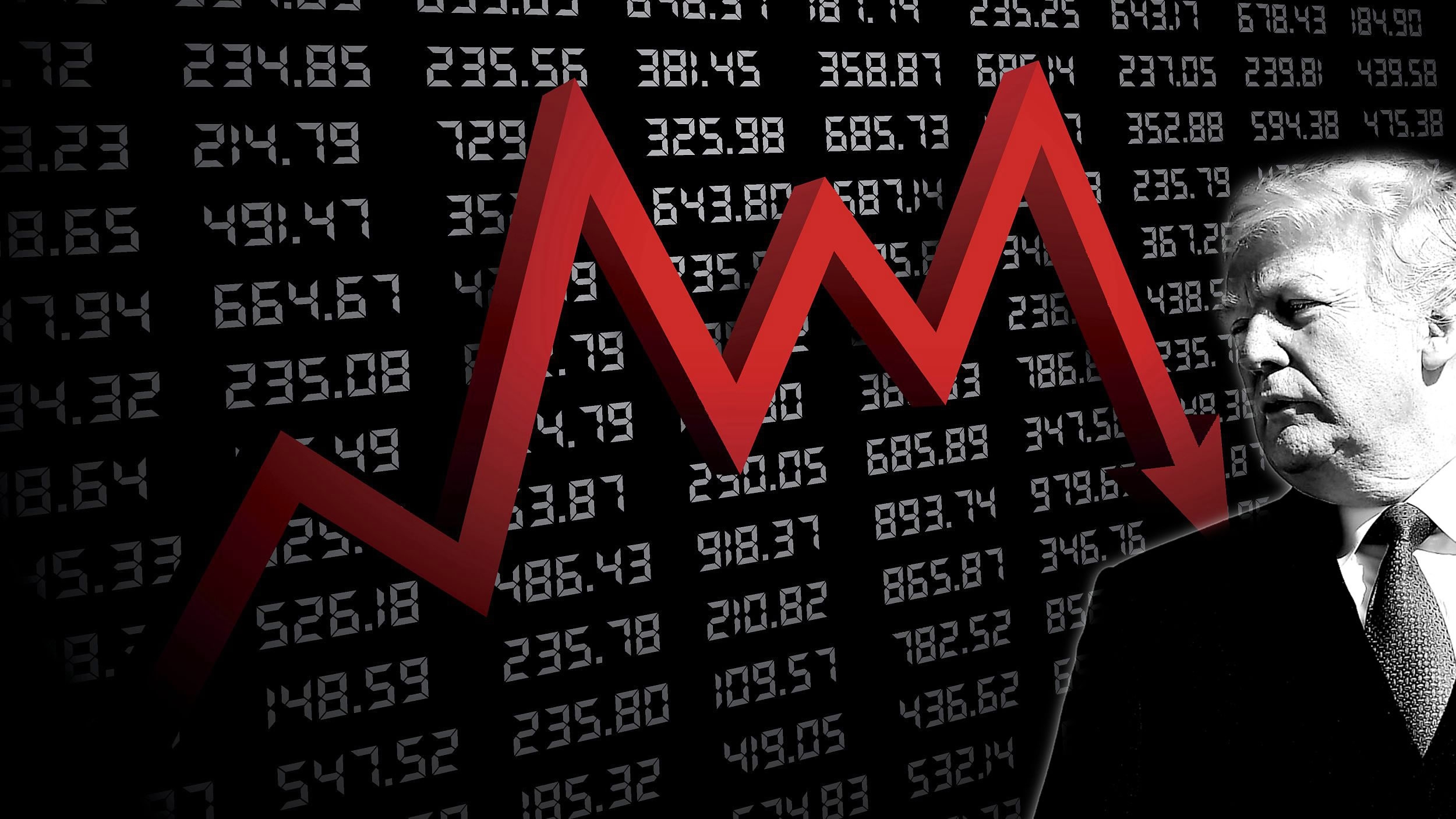
The Dow Jones saw its biggest points decline in history on Monday, with Asian markets suffering some of their biggest falls in decades on Tuesday.
With US President Donald Trump anointing himself as the man behind the rise in US markets, does that make him responsible for this fall as well?
What happened?
Official US employment data released Friday showed that wages were rising much faster than expected, sparking concerns that this would lead to rising inflation and force the Fed to implement more interest rate rises than originally planned.
Friday stock trading saw a slump of around two percent in the US, and the selloff turned into a rout on Monday, as investors dumped stocks and parked their money in the bond market. The Dow Jones fell by almost 1,600 points, the biggest slump in its history, in the worst drop in US stocks for six years.
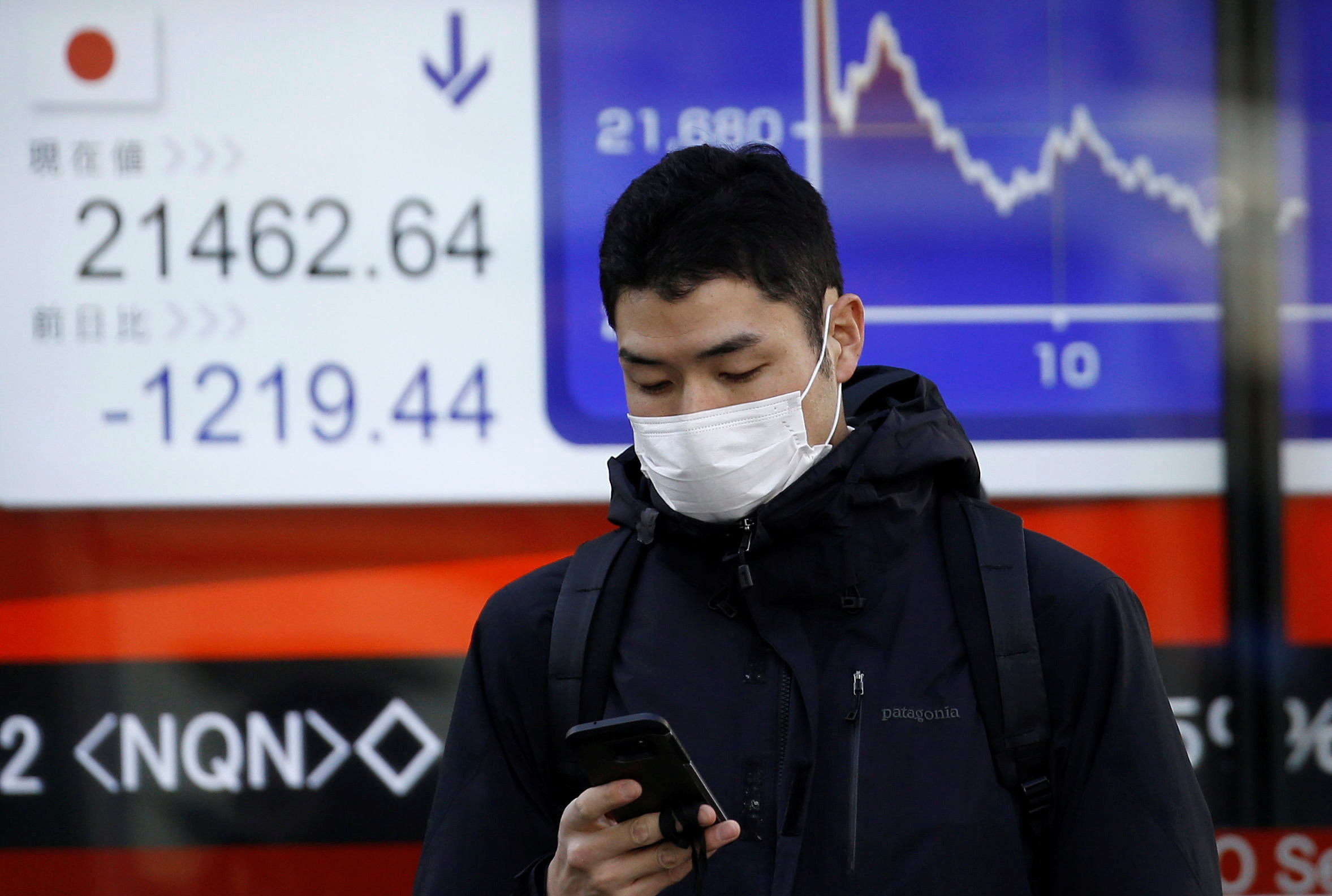
The Nikkei had suffered its biggest drop since 1990 by Tuesday afternoon. /VCG Photo
The Nikkei had suffered its biggest drop since 1990 by Tuesday afternoon. /VCG Photo
Tuesday morning saw Asian markets tumble in reaction – Japan’s Nikkei had fallen 6.8 percent by two p.m. local time - it's biggest drop since 1990. Hong Kong’s Hang Seng was down by around 4.9 percent by lunchtime, and the Shanghai Composite fell 2.78 percent in morning trading.
A bloody nose for Trump?
The American president has played a risky game by linking his economic policies directly to the stock market. Having taken credit on numerous occasions for what was one of the longest winning streaks on US stocks in history, Monday’s dramatic collapse will be a blow for investor confidence in the controversial president.
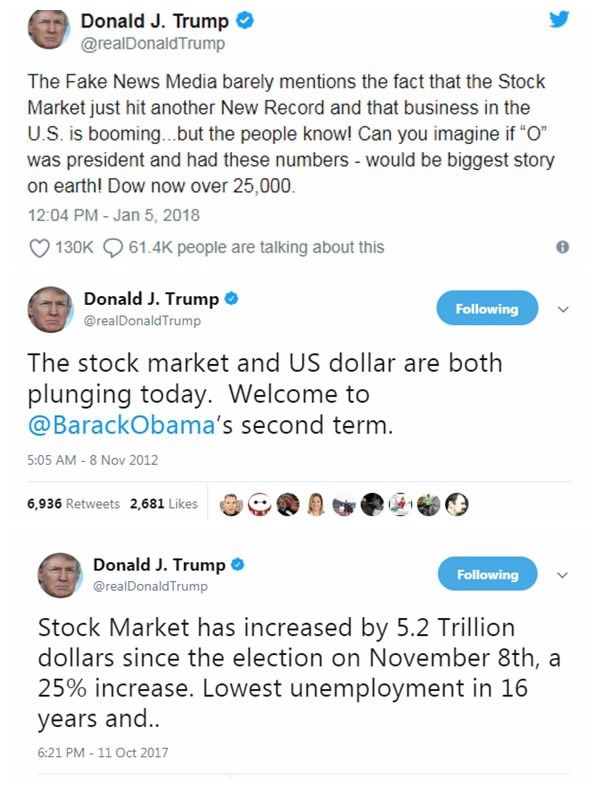
Trump might just regret some of his past tweets about the stock market. /Twitter screenshots
Trump might just regret some of his past tweets about the stock market. /Twitter screenshots
A White House statement released in the wake of Monday’s Dow downfall looked to distance Trump from the stock market, saying "the president’s focus is on our long-term economic fundamentals, which remain exceptionally strong, with strengthening US economic growth, historically low unemployment, and increasing wages for American workers."
For many analysts, this drop in stock prices is a long-awaited correction to a market that was at risk of overheating. Investors grew complacent, perhaps caught off their guard by Trump’s vocal enthusiasm for his role in the US economic recovery.
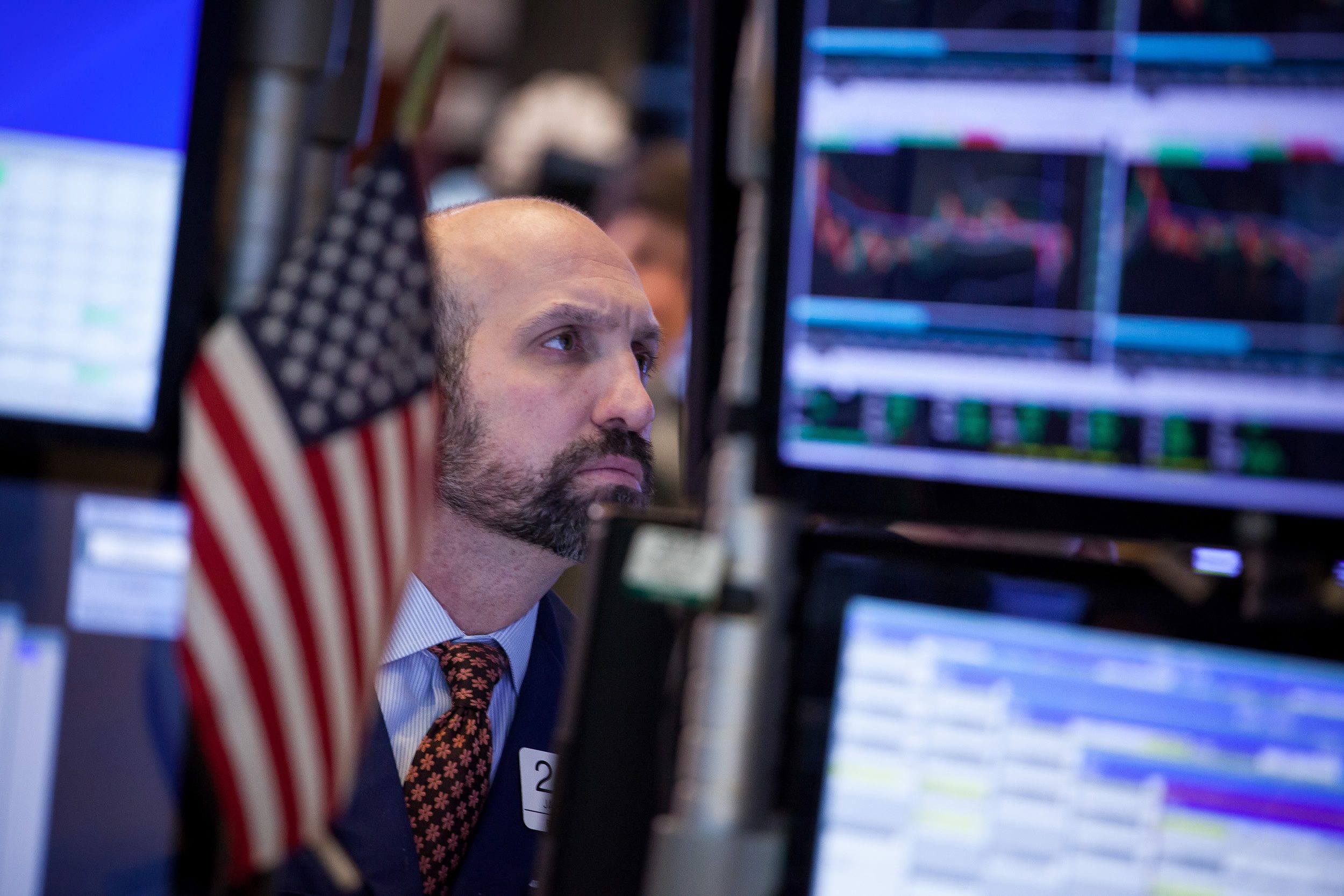
The mood on Wall Street turned grim on Monday, after the biggest drop in six years. /VCG Photo
The mood on Wall Street turned grim on Monday, after the biggest drop in six years. /VCG Photo
The White House statement may be derided for implying Trump never really cared about the stock market (his tweets tell a different story), but focusing on “long-term economic fundamentals” is the right stance, with the US economy still fragile a decade on from the financial crisis.
Will Trump tone down his rhetoric on the economy? Probably not. But watch his Twitter feed – perhaps the president will think twice about playing up the stock market again.
What does it mean for Chinese stocks?
While the Nikkei, Hang Seng and other Asian indexes all fell significantly on Tuesday morning, Chinese mainland shares also dropped but not so dramatically. In fact, the Shanghai Composite’s drop was perhaps more a continuation of recent falls in mainland stocks, with the US slump just a minor factor.
Chinese mainland markets have previously shown themselves to be more shielded from the peaks and troughs on US, Japanese and European stocks. A minor fall for the Dow Jones in mid-January saw all markets fall in Asia, except for the Shanghai Composite index.
While China-US economic ties are important to both countries, their stock markets and companies are not as intertwined as other major economies.
That provides some protection from flash crashes in the US, but it also means Chinese stocks were not able to ride on the back of the rise in US markets in 2017.
As the S&P and Nasdaq gained 19.4 percent and 28.2 percent respectively in 2017, the Shanghai Composite was only up by 6.6 percent, while the Chinext (a gauge of tech startups similar to Nasdaq) went down by more than 10 percent.
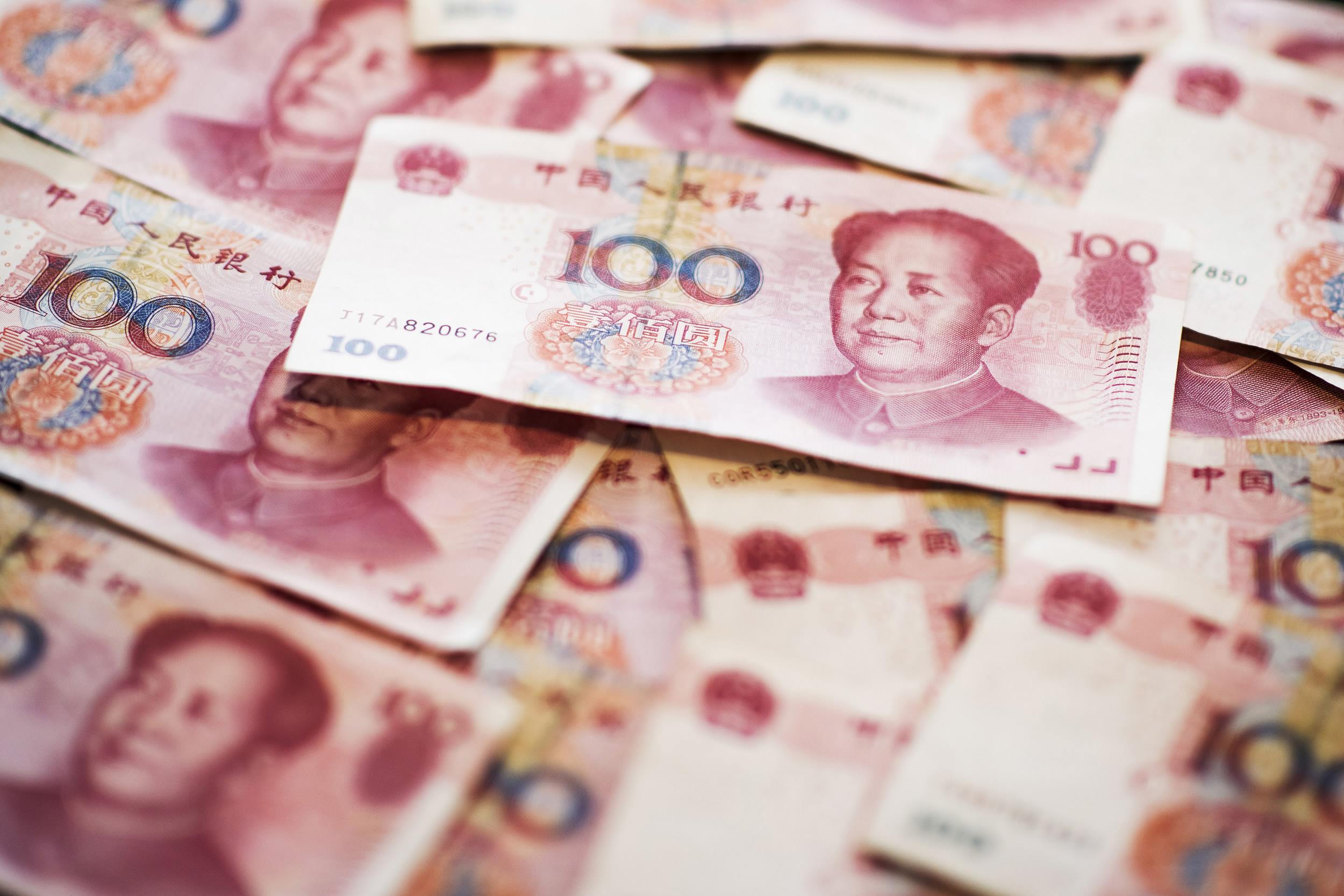
VCG Photo
VCG Photo
While Chinese mainland shares may not react in horror to a big drop in the Dow Jones, the anticipated threat of more rate rises by the US Federal Reserve could be a cause for concern.
The latest Fed rise in December saw China's central bank the People’s Bank of China increase interest rates for open market operations by five basis points. The Fed’s rate rise in December 2015 led to the yuan depreciating against the dollar, and that was followed by a big fall on Chinese stock markets.

SITEMAP
Copyright © 2018 CGTN. Beijing ICP prepared NO.16065310-3
Copyright © 2018 CGTN. Beijing ICP prepared NO.16065310-3